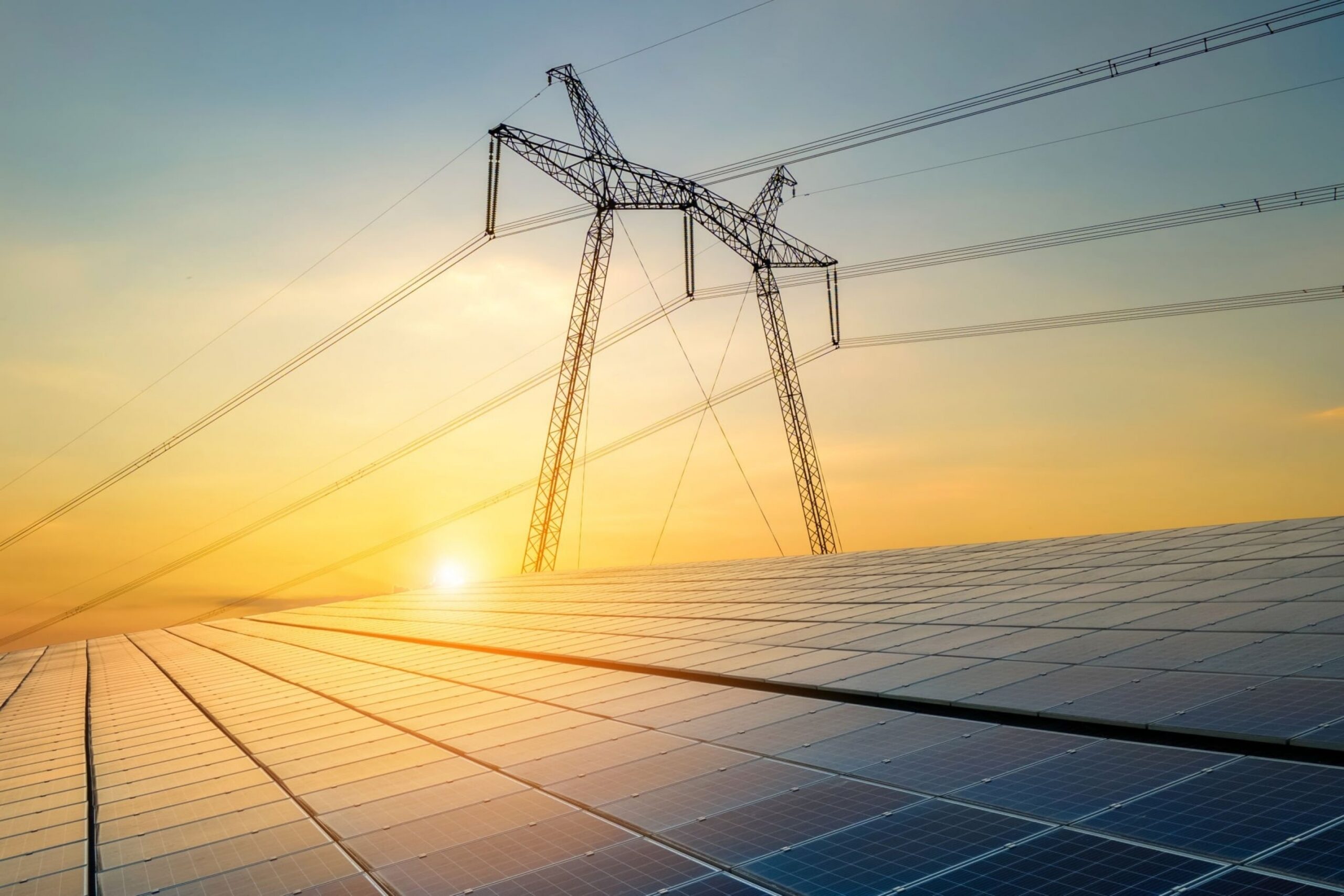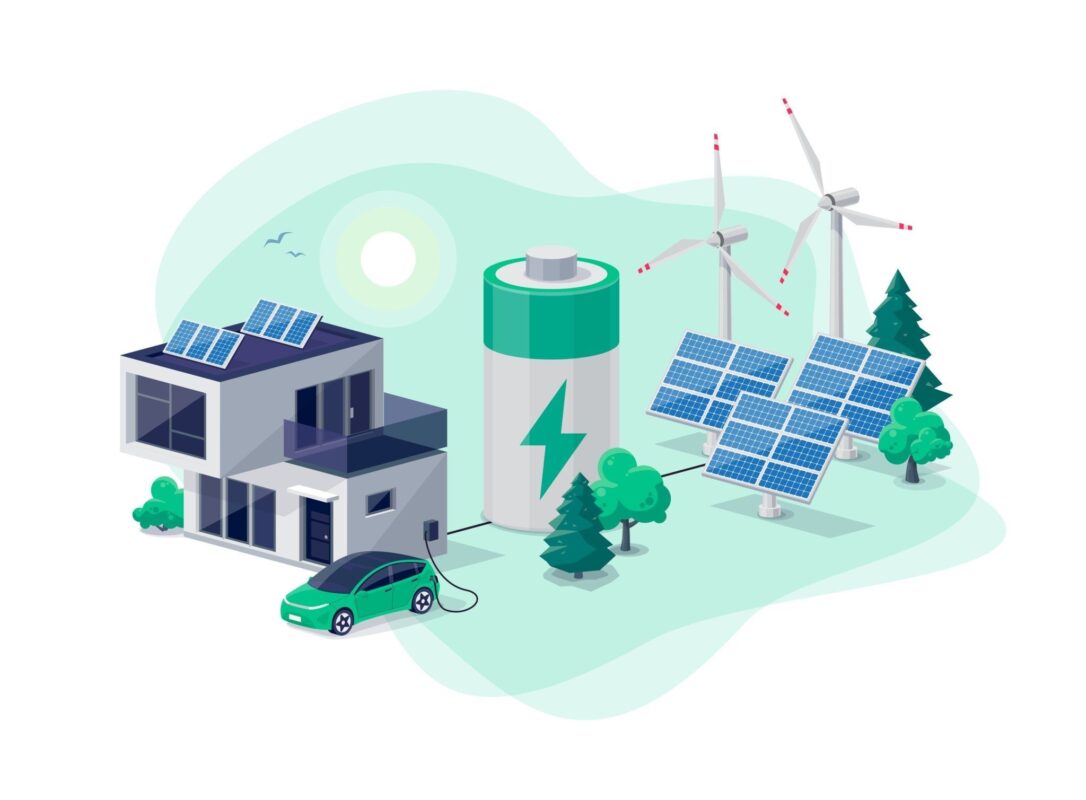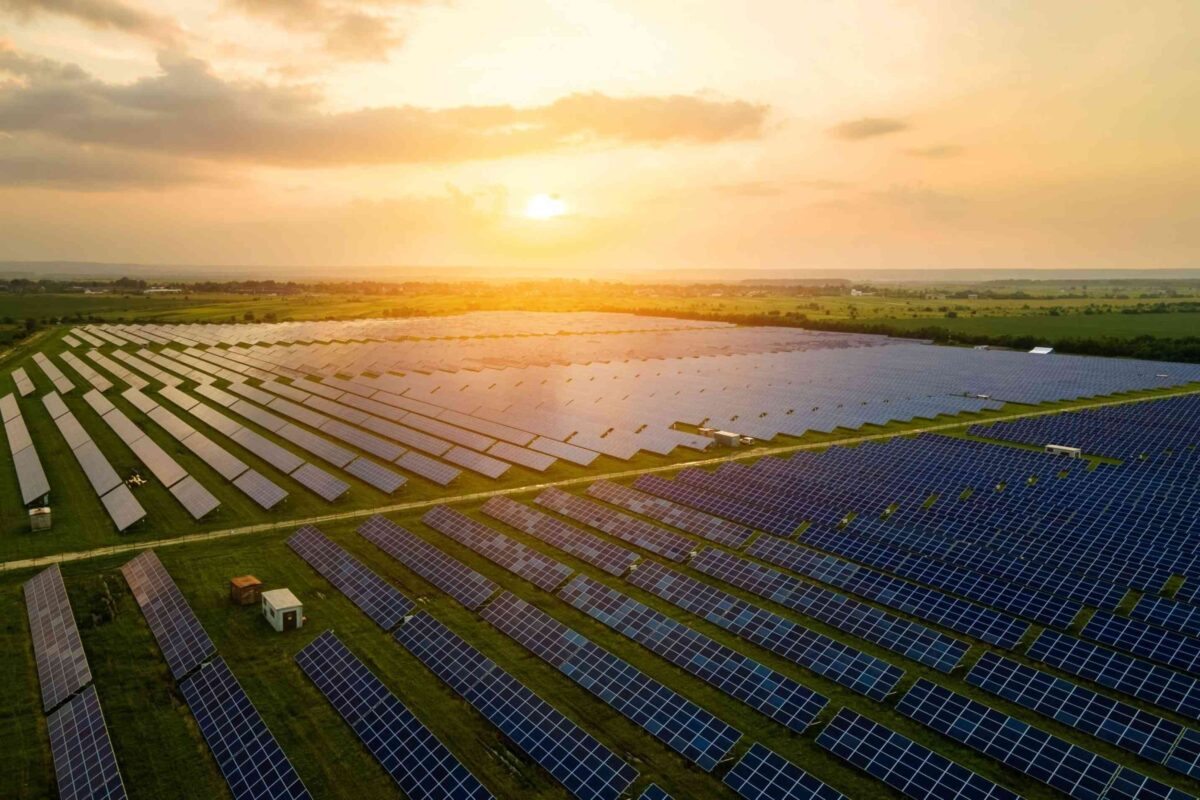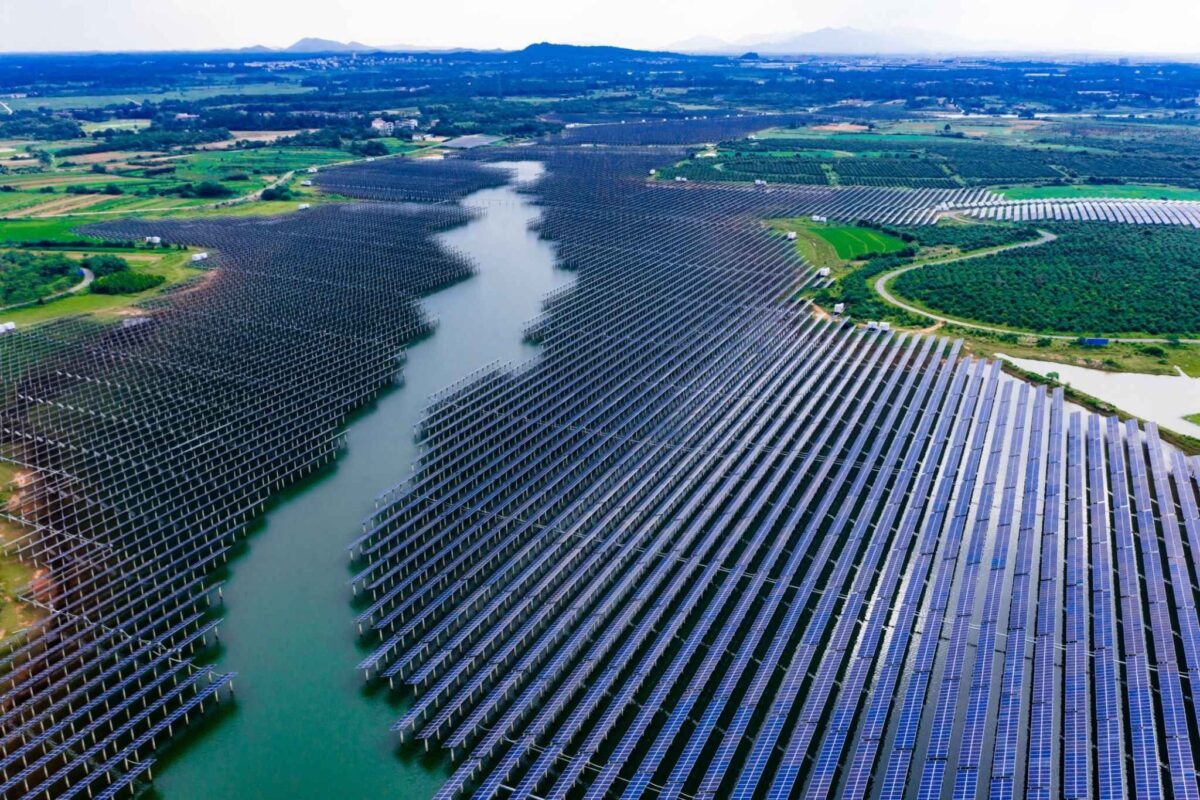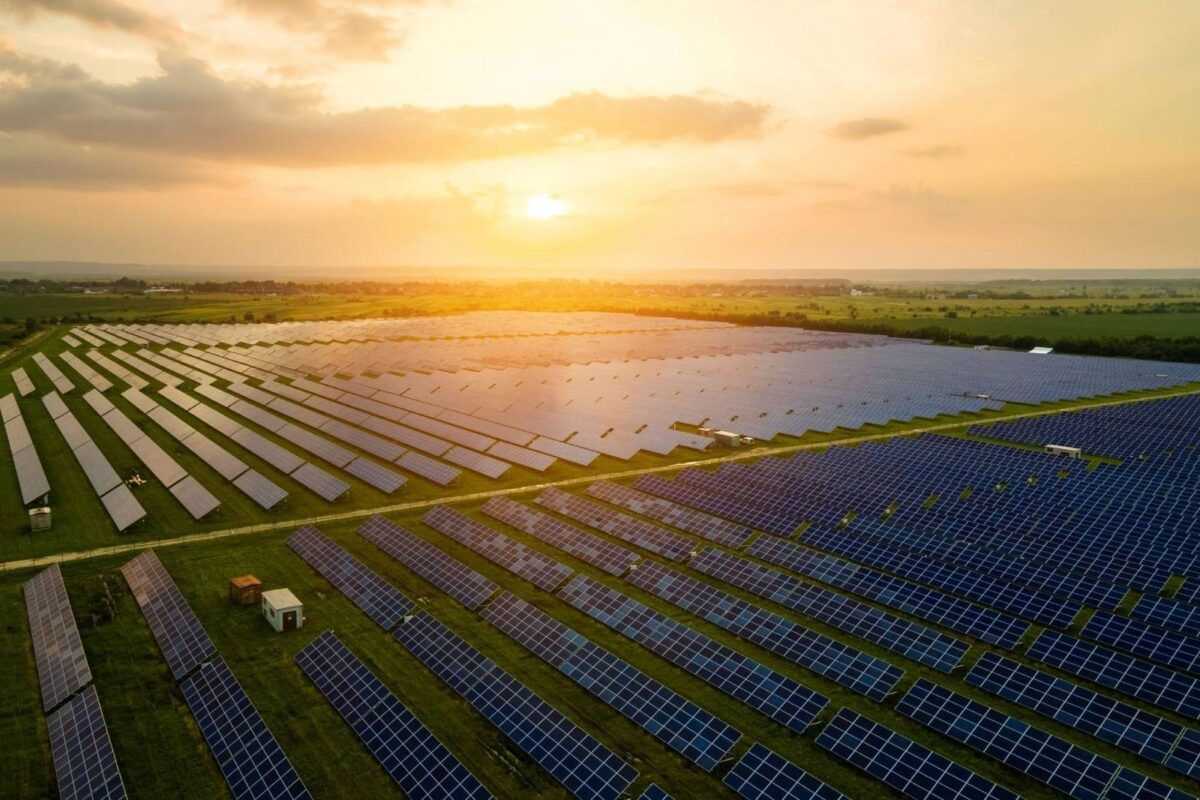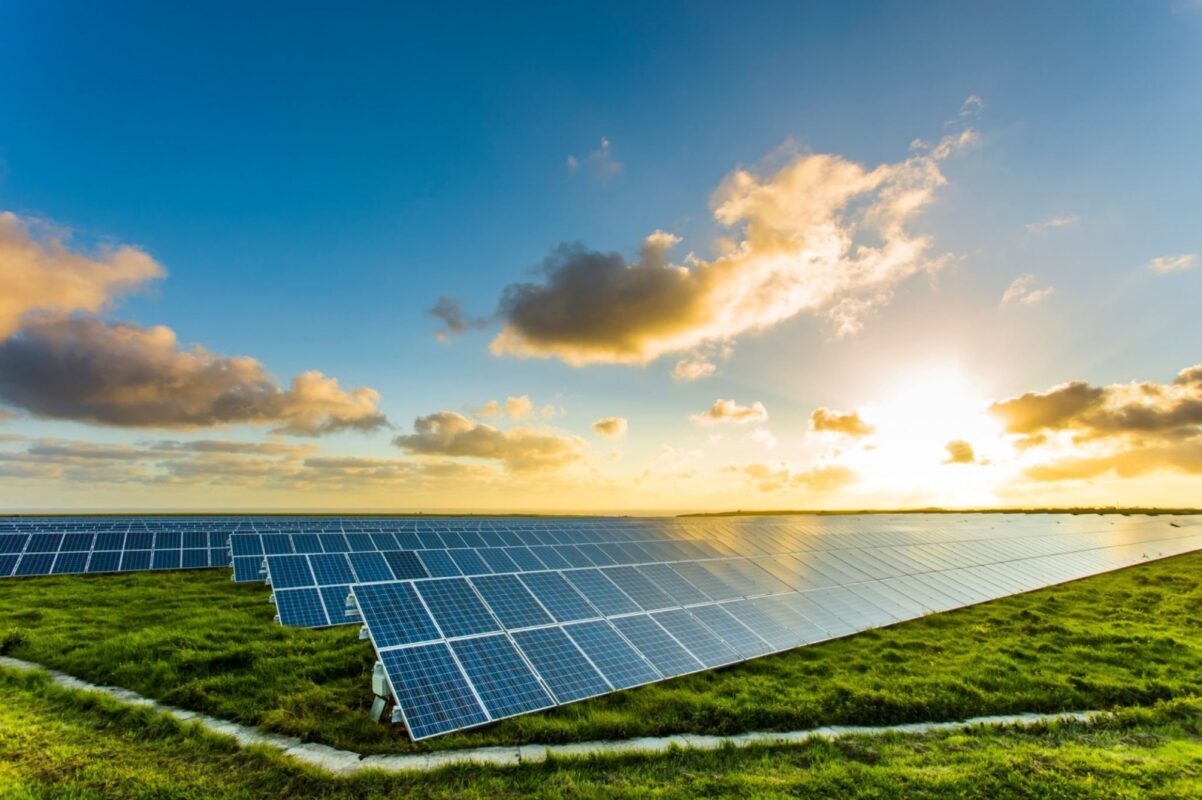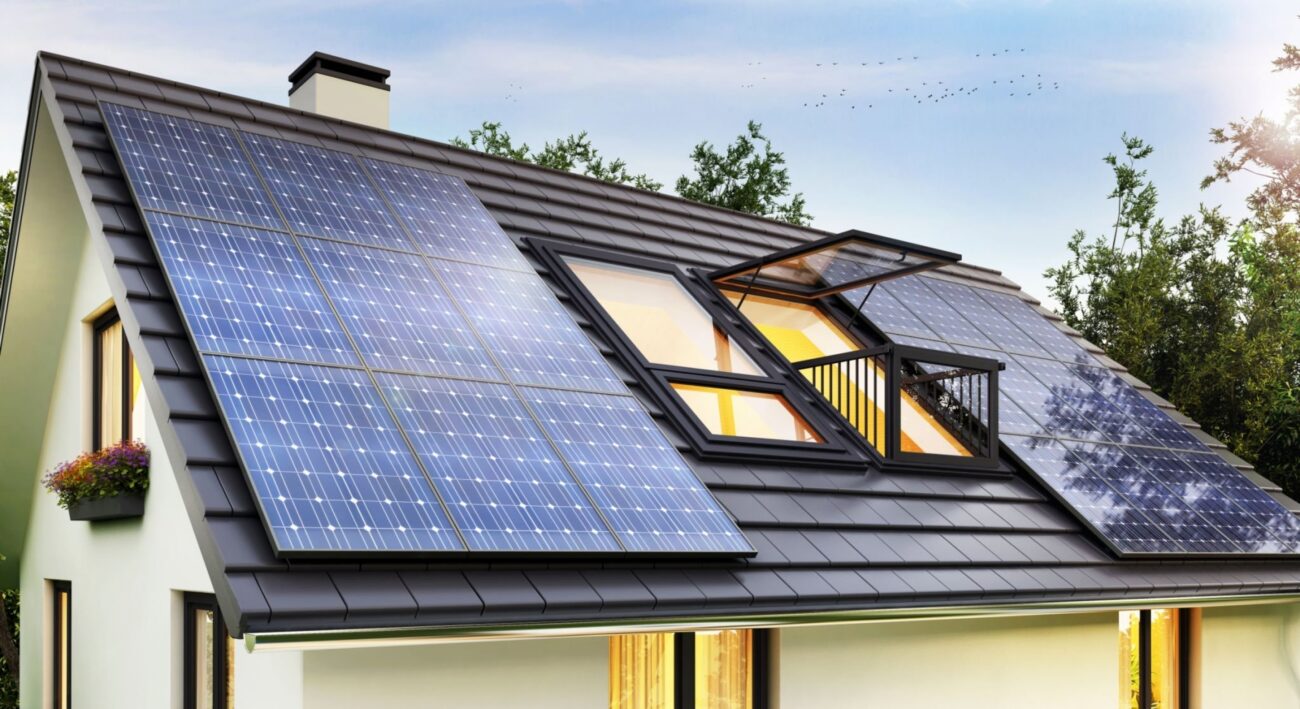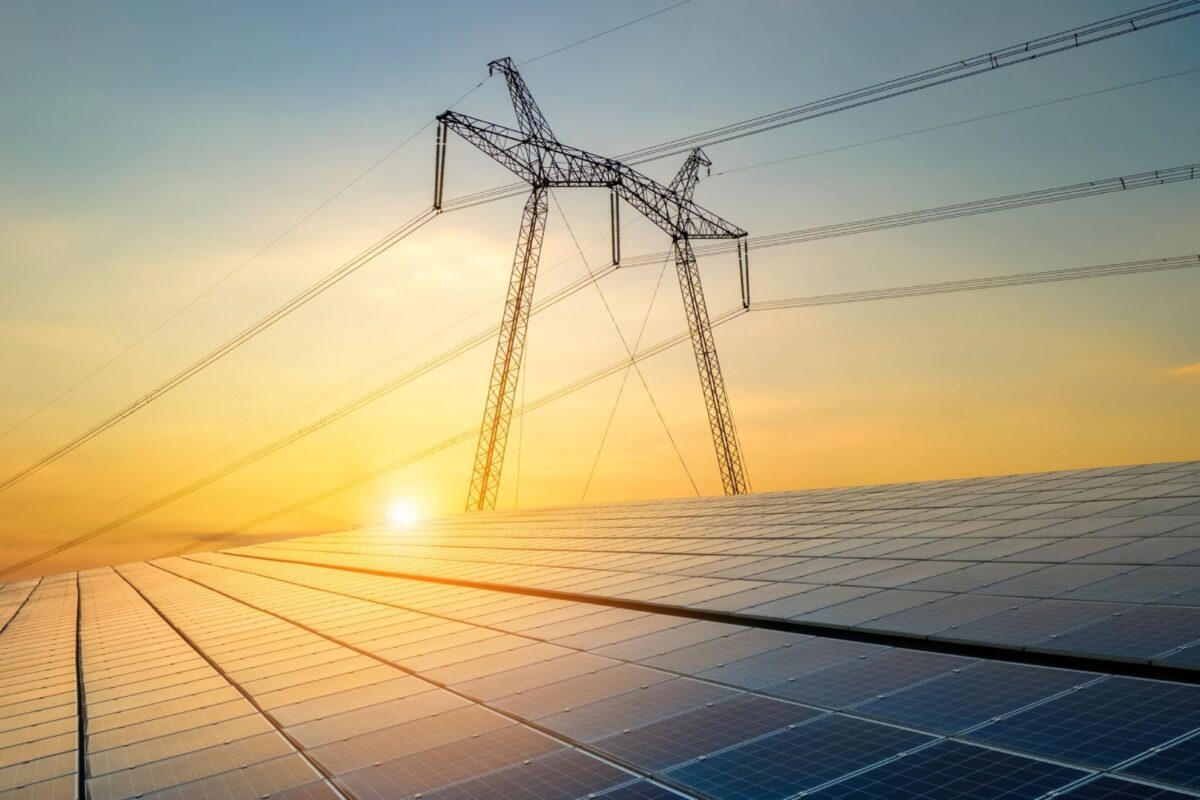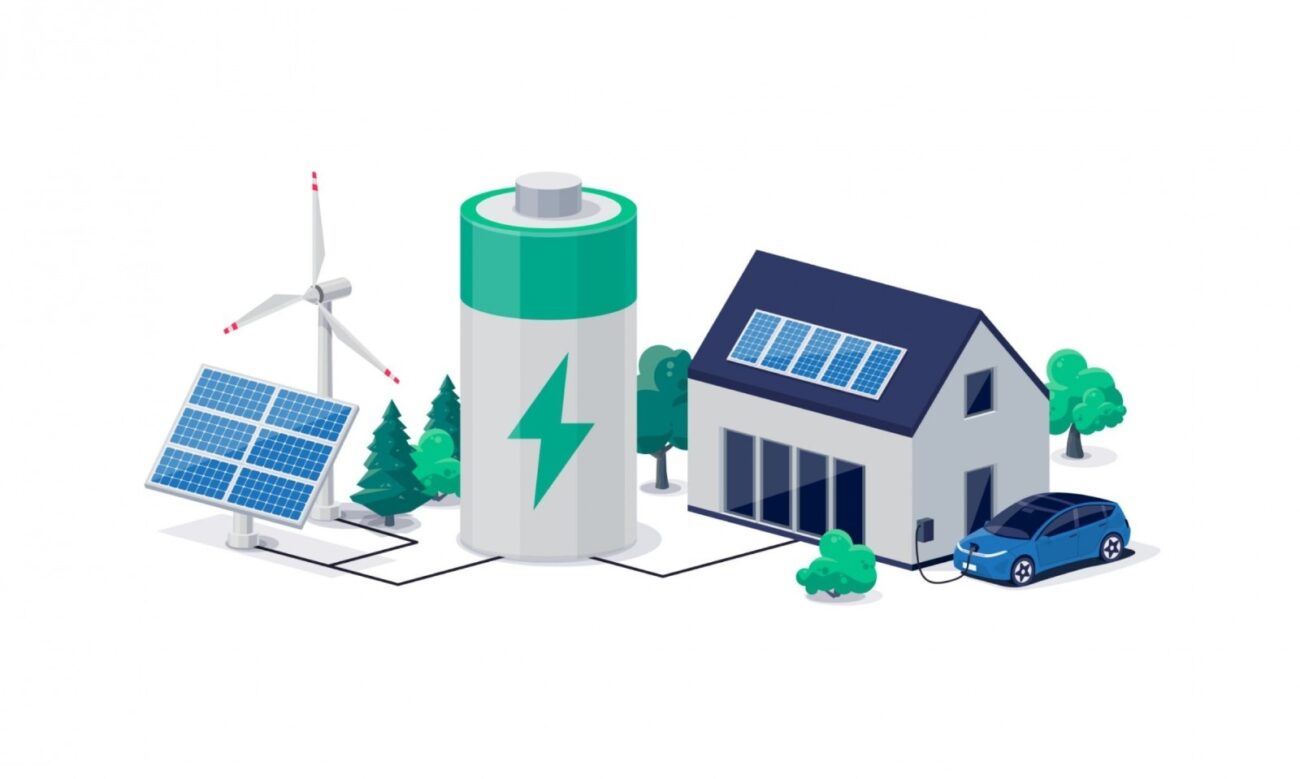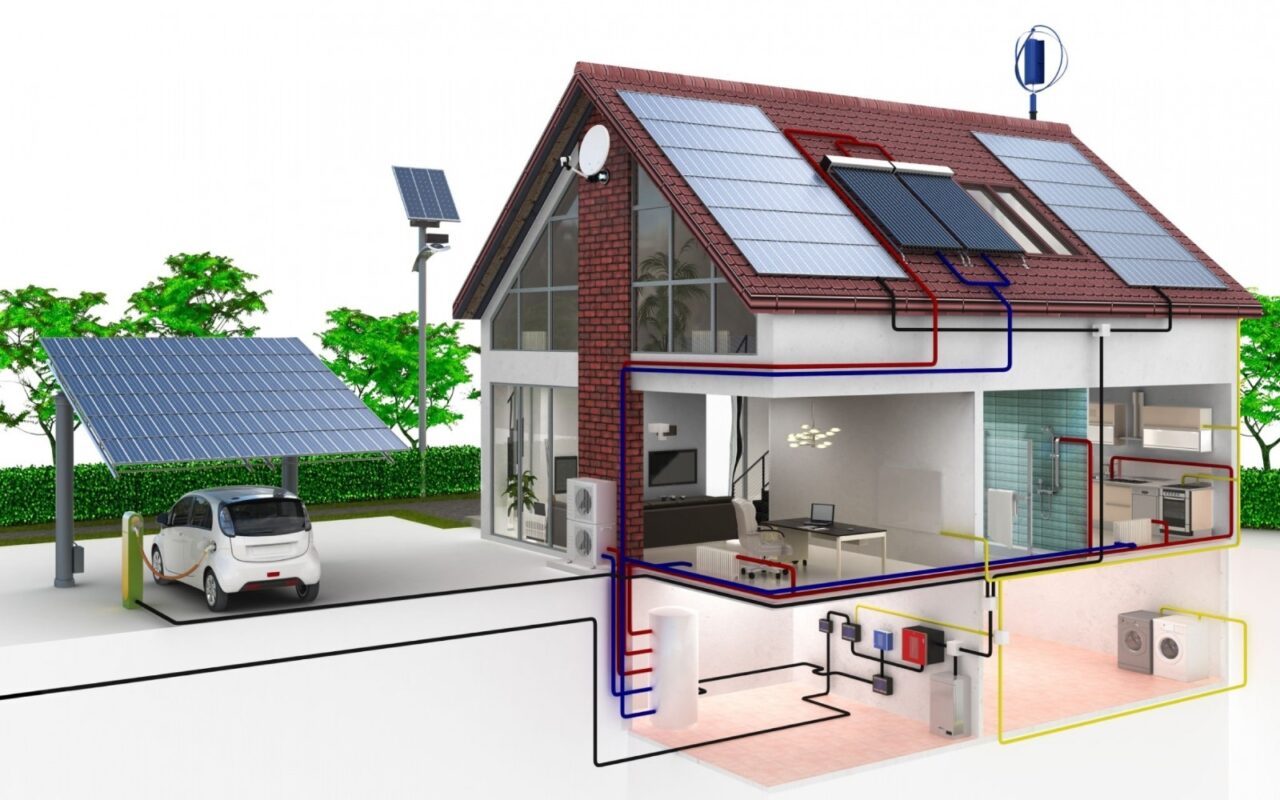Solar energy is energy derived from the sun’s radiation. It is a renewable and abundant source of energy that can be converted into usable energy in various ways, including through the use of photovoltaic cells, solar water heaters, and concentrated solar power systems.
Here are some environmental benefits of using solar energy
- It is a reliable and sustainable energy source
Solar panels absorb sunshine, producing power and heat during the day and storing that energy to use at night.
Photovoltaic solar cells, which are sometimes made from silicon, are used in solar power installations.
- It produces virtually no pollution
Most of the energy consumed in the world is produced with fossil fuels. Even when natural gas is used as part of a chemical process to produce electricity it causes air pollution.
Solar power does not cause air pollution because there are no moving parts, so there is no risk of malfunction or adverse environmental effect.
- It can reduce greenhouse gas emissions
Since solar panels absorb sunlight, they reduce greenhouse gases from fossil fuel-powered electricity like coal and oil.
In many places around the world, solar energy is a major player in fighting global warming because it reduces global warming emissions without causing adverse environmental effects or health hazards due to particles and gases emitted by fossil fuel-powered electricity.
- It produces electricity without adverse environmental effects
Solar energy is clean, renewable and sustainable because it produces no atmospheric pollution.
Fuel used for solar power includes sunlight, which is a form of clean energy that does not produce any air pollution in the process of producing electricity.

Here are some economic benefits of using solar energy
- It is cost-effective
Solar panels, which are made of photovoltaic cells, produce electricity at a low cost per kilowatt.
- It is sustainable and reduces costs in the future
Even when the price of fossil fuels increases, the use of solar energy in developing countries will not increase because it is a sustainable source of power.
- It is an energy source for the future
Many countries have already adopted solar energy for their power needs.
- It can support economic development and create employment opportunities in rural areas
It is possible to set up large-scale solar power plants in rural areas and develop job opportunities there.
- It can help developing countries reduce their dependence on fossil fuels and increase their use of renewable energy sources
Solar energy can help developing countries meet rising electricity demand by using clean, renewable and sustainable sources of energy, reducing their dependence on fossil fuels and increasing their use of renewable energy sources.
Conclusion:
In summary, using solar energy has benefits in both the environment and the economy. It is a reliable, sustainable and cost-effective way to generate and store electricity.
It is also a clean and renewable source of power that reduces dependence on fossil fuels while helping developing countries achieve their development goals.
Solar energy also has great potential for supporting economic development in rural areas by creating job opportunities where people can produce or install solar panels at home or provide other services to the solar industry.

